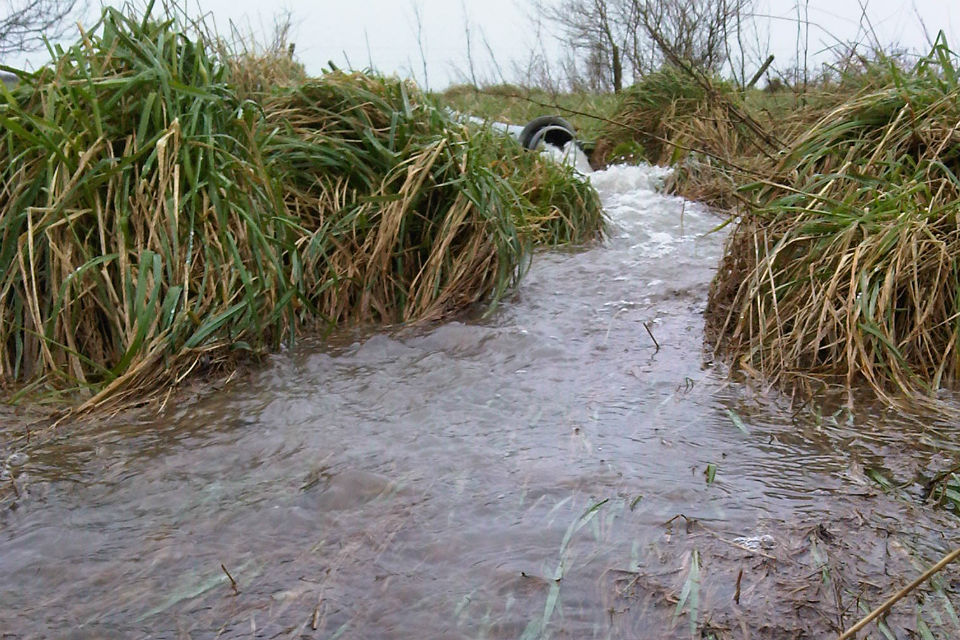Press release: Suez to pay £505,000 for pollution at Cornwall’s largest landfill
The waste company, Suez Recycling and Recovery UK Limited, has been ordered to pay more than £500,000 in fines and costs for a series of offences at Connon Bridge landfill site near Liskeard.
In 2012 the Environment Agency became increasingly concerned at Suez’s management of leachate (contaminated water) at the site. Heavy rain caused leachate levels to rise rapidly beyond limits specified by the site’s environmental permit.
In January 2013, following reports from members of the public, Environment Agency officers visited the site and found two nearby watercourses, the Widowpath and Connon Streams, smothered in sewage fungus for a distance of approximately 4km. Sewage fungus is a sign of organic pollution.
Local residents started complaining of unpleasant odours caused by inadequately controlled emissions of landfill gas at Connon Bridge. It was apparent the site operator was struggling to regain control of the landfill.
Investigations by the Environment Agency found that there had been spillages of leachate onto uncontained areas of the site. Surface water had been contaminated by leachate, and leachate had compromised water quality in a groundwater drainage culvert beneath the site.
Suez resorted to unauthorised methods of disposal in an attempt to remove large volumes of contaminated surface water from the site, pumping it onto adjacent fields.

The Environment Agency started monitoring the impact of the leachate spillages on the Widowpath and Connon Bridge Streams and concluded it was the worst outbreak of sewage fungus in the area for 20 years.
Investigators also became increasingly aware of the impact of odour pollution from the landfill site on the surrounding community. As the odour problem worsened, evidence was collected from people’s homes.
Simon Harry, of the Environment Agency, said:
People living close to Connon Bridge landfill will not have forgotten the appalling odours that emanated from this site in 2013. The negligent failings of the landfill operator resulted in pollution both by odour and to local watercourses. The judge in this case acknowledged, in particular, the distress caused to the local community by the odour.

Mr Harry paid tribute to local residents for their ‘forbearance’ and said:
We take pollution incidents very seriously and this case should send a strong message to all industrial operators of the potential consequences of failing to take adequate steps to protect the environment.
At a sentencing hearing at Truro Crown Court on Friday, 3 February 2017, Suez Recycling and Recovery UK Limited was fined £180,000 and ordered to pay £325,000 costs after pleading guilty to 6 offences under the Environmental Permitting (England and Wales) Regulations 2010 including failure to comply with leachate level limits specified by an environmental permit, allowing leachate to overflow from a leachate extraction point, unauthorised emissions of contaminated water, failure to comply with water quality emission limits, failing to notify the Environment Agency and causing odour pollution.
The sentencing hearing marked the end of a lengthy and complex investigation lasting 4 years. The costs awarded by the court reflected the work that went into investigating and prosecuting this complicated technical case.
Note
At the time of the offences, the defendant was known as SITA UK Limited. The company now trades as Suez Recycling and Recovery UK Limited.